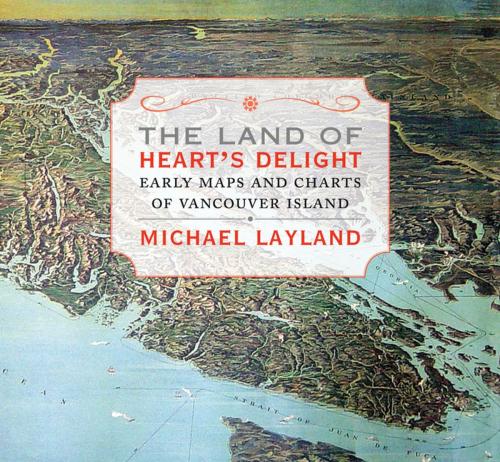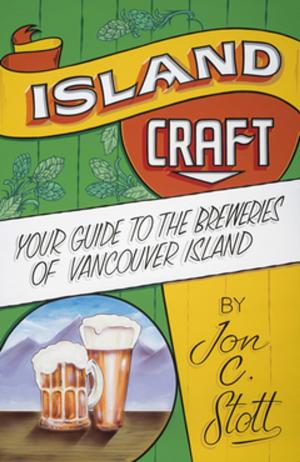The Land of Heart's Delight
Early Maps and Charts of Vancouver Island
Nonfiction, History, Australia & Oceania| Author: | Michael Layland | ISBN: | 9781771510165 |
| Publisher: | Touchwood Editions | Publication: | October 1, 2013 |
| Imprint: | Touchwood Editions | Language: | English |
| Author: | Michael Layland |
| ISBN: | 9781771510165 |
| Publisher: | Touchwood Editions |
| Publication: | October 1, 2013 |
| Imprint: | Touchwood Editions |
| Language: | English |
Shortlisted for the 2014 City of Victoria Butler Book Prize
Shortlisted for a 2014 BC Book Prize
Finalist for the Lieutenant-Governor's Medal for Historical Writing
Just how, and why, did Vancouver Island get onto the map? How was knowledge of our immediate geography acquired and recorded? With 130 maps, dating between 1593 and 1915, this cartographic history tells the story of how Vancouver Island and the surrounding area came to be mapped. The book shows local cartographic milestones, marking progress in our knowledge through the island’s rich—although comparatively short—recorded history. However, the maps, by themselves and without context, cannot tell the whole story. The accompanying text reveals the motives, constraints, agendas, and intrigues that underpin their making.
The narrative, roughly chronological, begins before the arrival of Europeans and concludes at the outset of the First World War and includes an introduction on the history and significance of map-making, as well as an afterword summarizing subsequent cartographic developments. Also included are an index, endnotes, a list of cartographic sources, and a glossary.
Shortlisted for the 2014 City of Victoria Butler Book Prize
Shortlisted for a 2014 BC Book Prize
Finalist for the Lieutenant-Governor's Medal for Historical Writing
Just how, and why, did Vancouver Island get onto the map? How was knowledge of our immediate geography acquired and recorded? With 130 maps, dating between 1593 and 1915, this cartographic history tells the story of how Vancouver Island and the surrounding area came to be mapped. The book shows local cartographic milestones, marking progress in our knowledge through the island’s rich—although comparatively short—recorded history. However, the maps, by themselves and without context, cannot tell the whole story. The accompanying text reveals the motives, constraints, agendas, and intrigues that underpin their making.
The narrative, roughly chronological, begins before the arrival of Europeans and concludes at the outset of the First World War and includes an introduction on the history and significance of map-making, as well as an afterword summarizing subsequent cartographic developments. Also included are an index, endnotes, a list of cartographic sources, and a glossary.















